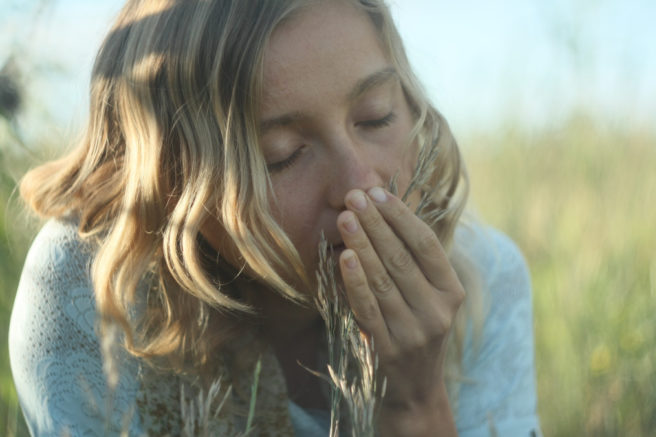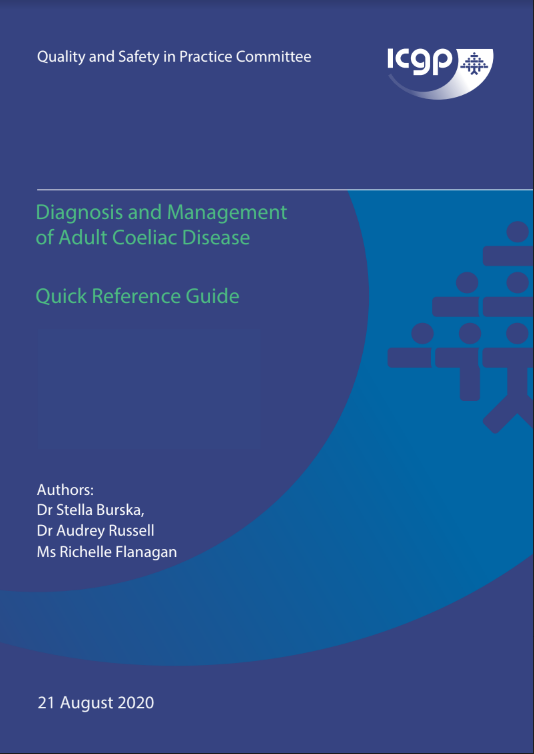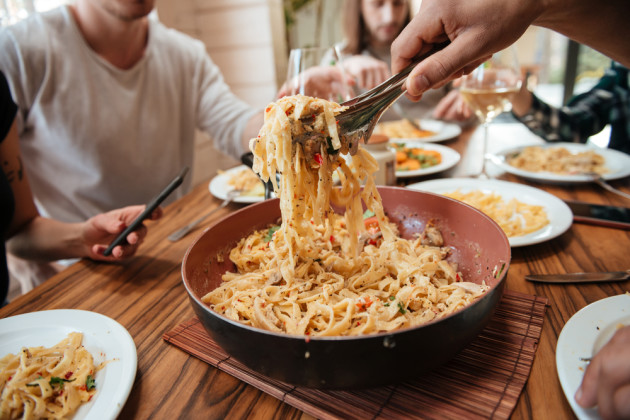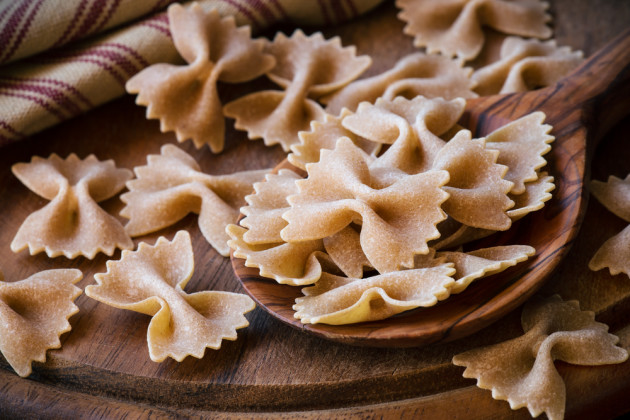
New guidelines for the diagnosis & care of coeliac disease sufferers
The Coeliac Society and the Irish College of General Practitioners have published a set of guidelines entitled the “Diagnosis and Management of Adult Coeliac Disease” for use within the context of the Irish healthcare system. It puts in place a framework for the early identification and treatment of patients with coeliac disease in primary healthcare.
For the first time, this guide outlines 50 different indicators that are identified as the Clinical presentation of coeliac disease for GPs and health practitioners. Included amongst them are conditions such as osteoporosis, anaemia, mouth ulcers, heartburn, diarrhoea, constipation and infertility.

It is estimated that there are 400,000 people in Ireland who suffer from gluten intolerance. An estimated 50,000 of these will suffer from lifelong autoimmune Coeliac Disease for which there is no cure and which poses significant health risks if left unchecked.
Gill Brennan, CEO, Coeliac Society Ireland said: “This document is one of the most significant pieces of work addressing the issues of coeliac disease in many years, given that the importance of an early diagnosis cannot be underestimated.
“We know that over 70% of current sufferers are undiagnosed. There is no cure and if left untreated, as is currently the case for many sufferers, it can result in a range of significant health risks including cancer and infertility.”
According to the Coeliac Society another important aspect contained in the new guidelines is the inclusion of a clear long-term care plan. Currently the only treatment is a strict lifelong adherence to a gluten-free diet. Studies have shown that dietary compliance is often poor if not followed up by those caring for the patient.

Richelle Flanagan, contributing author and board member of the Coeliac Society of Ireland said: “When adopted these guidelines will prevent needless delays in diagnosis while also providing medical practitioners with a clear treatment path to follow.
“The guidelines acknowledge that the only treatment for the disease is a strict lifelong adherence to a gluten free diet and that dietary compliance without continuing support is often poor. As a result, sufferers may present later with long-term health issues placing a further – and wholly preventable – burden on our health system.”
The Diagnosis and Management of Adult Coeliac Disease guidelines as presented by the Quality and Safety in Practice Committee are available to view on www.icgp.ie or www.coeliac.ie













